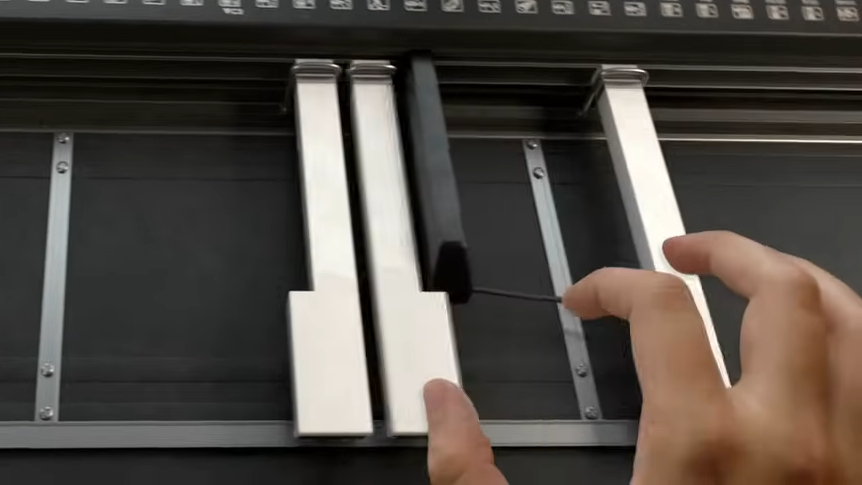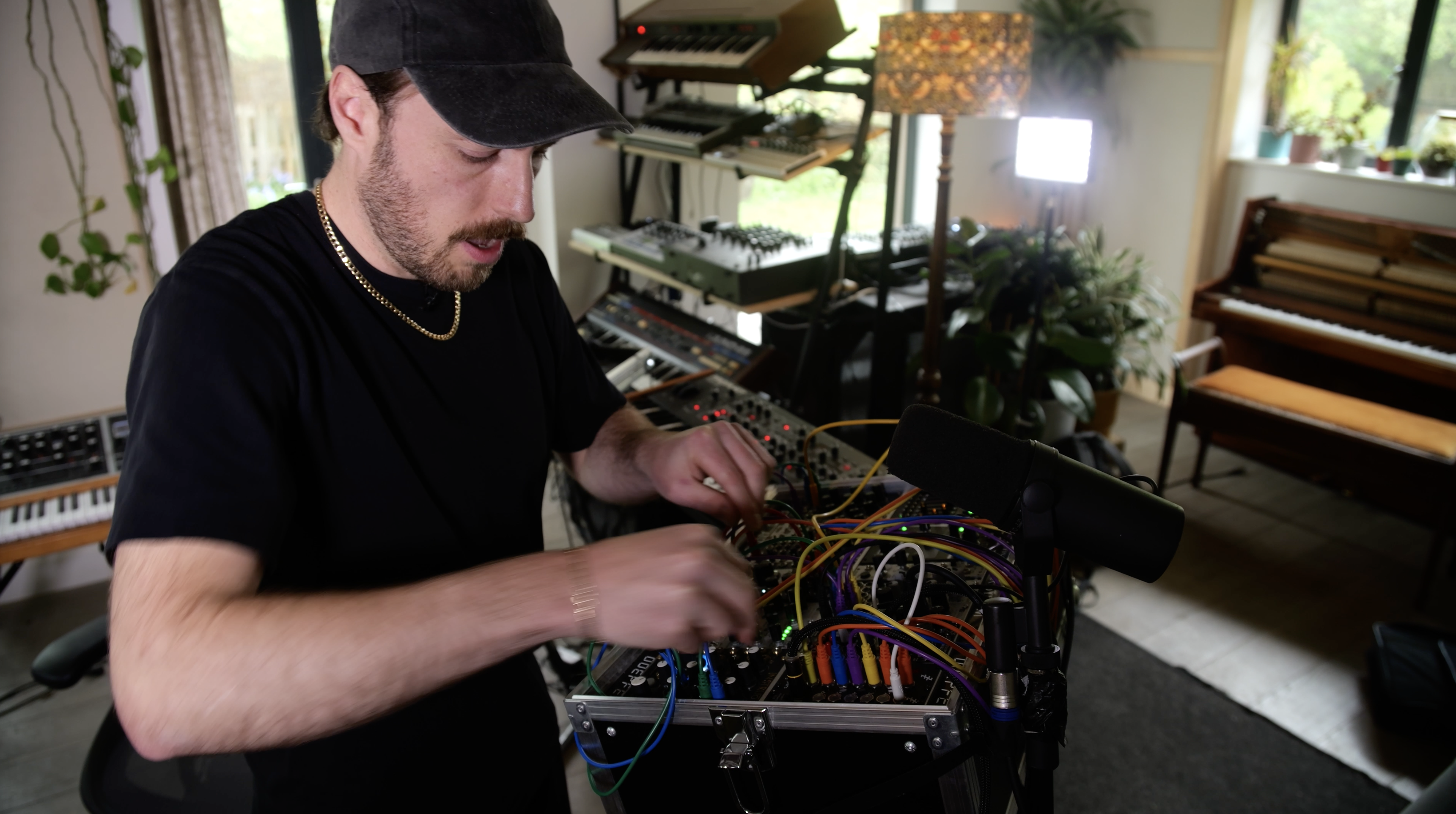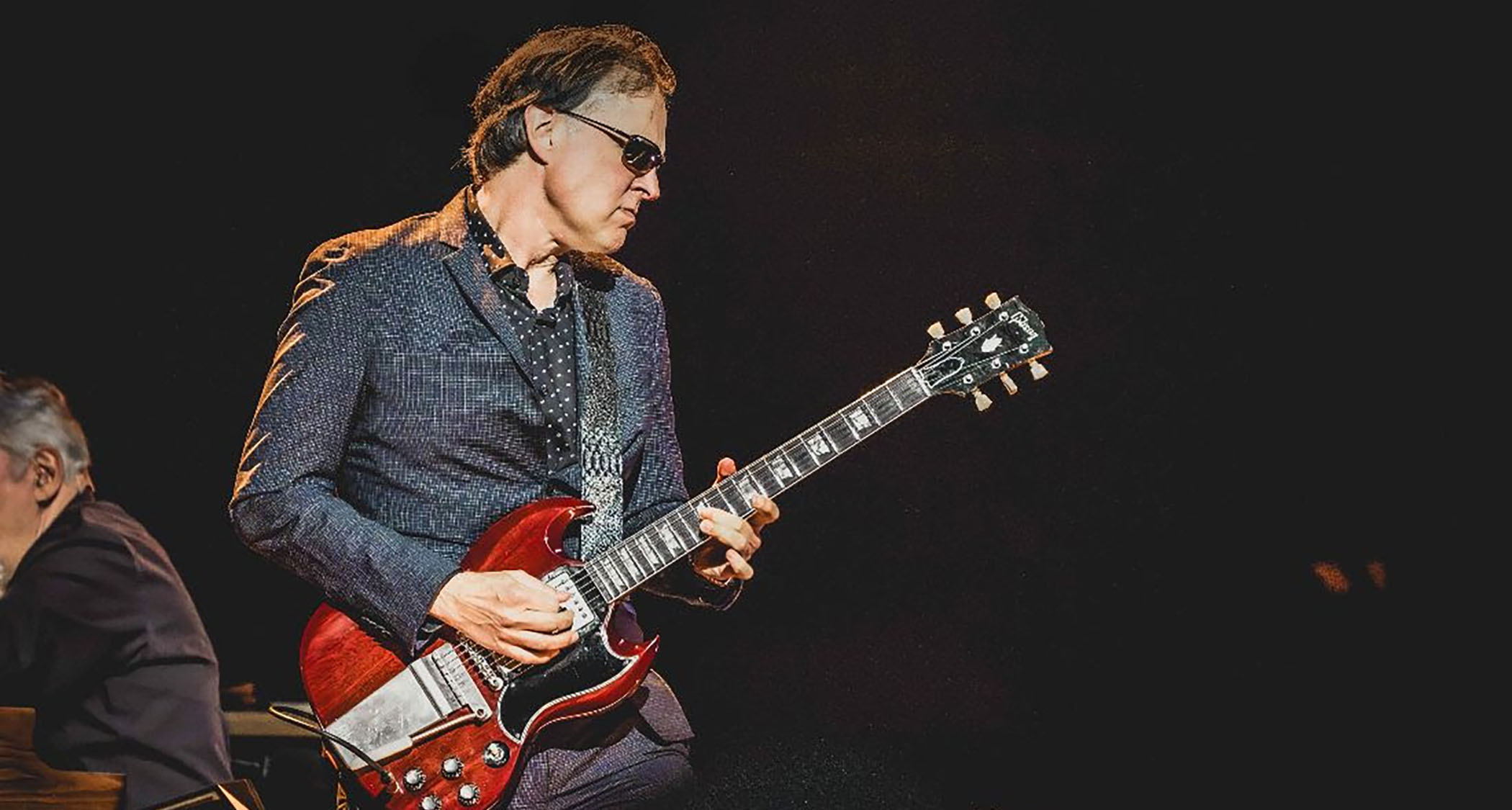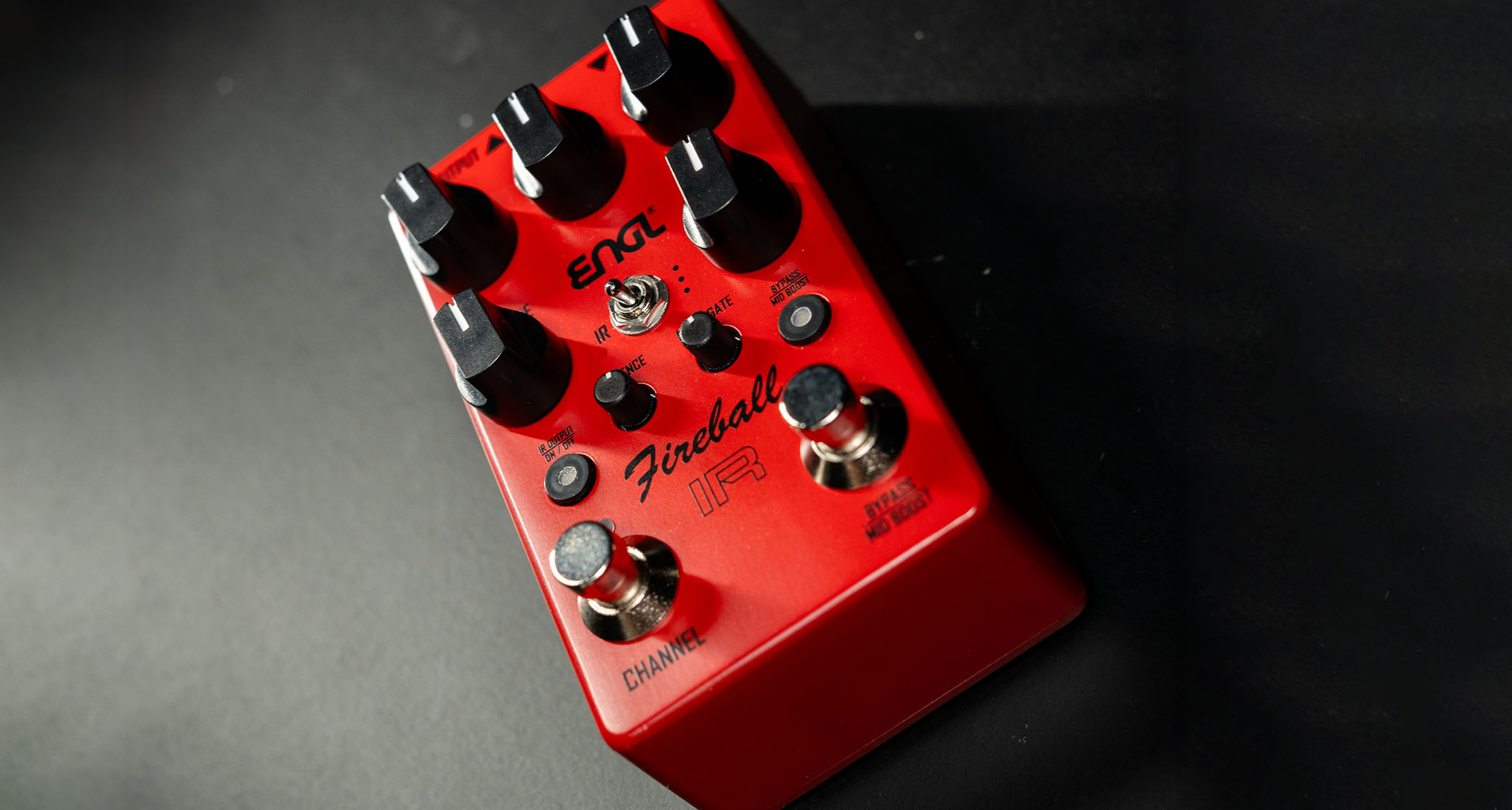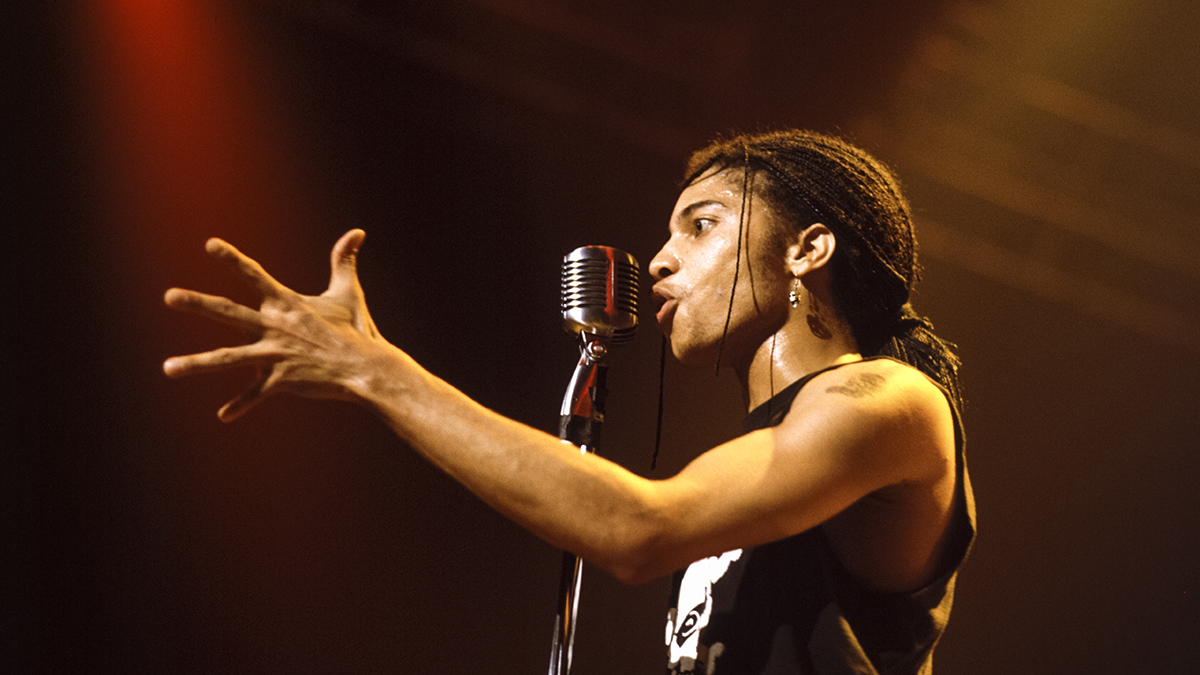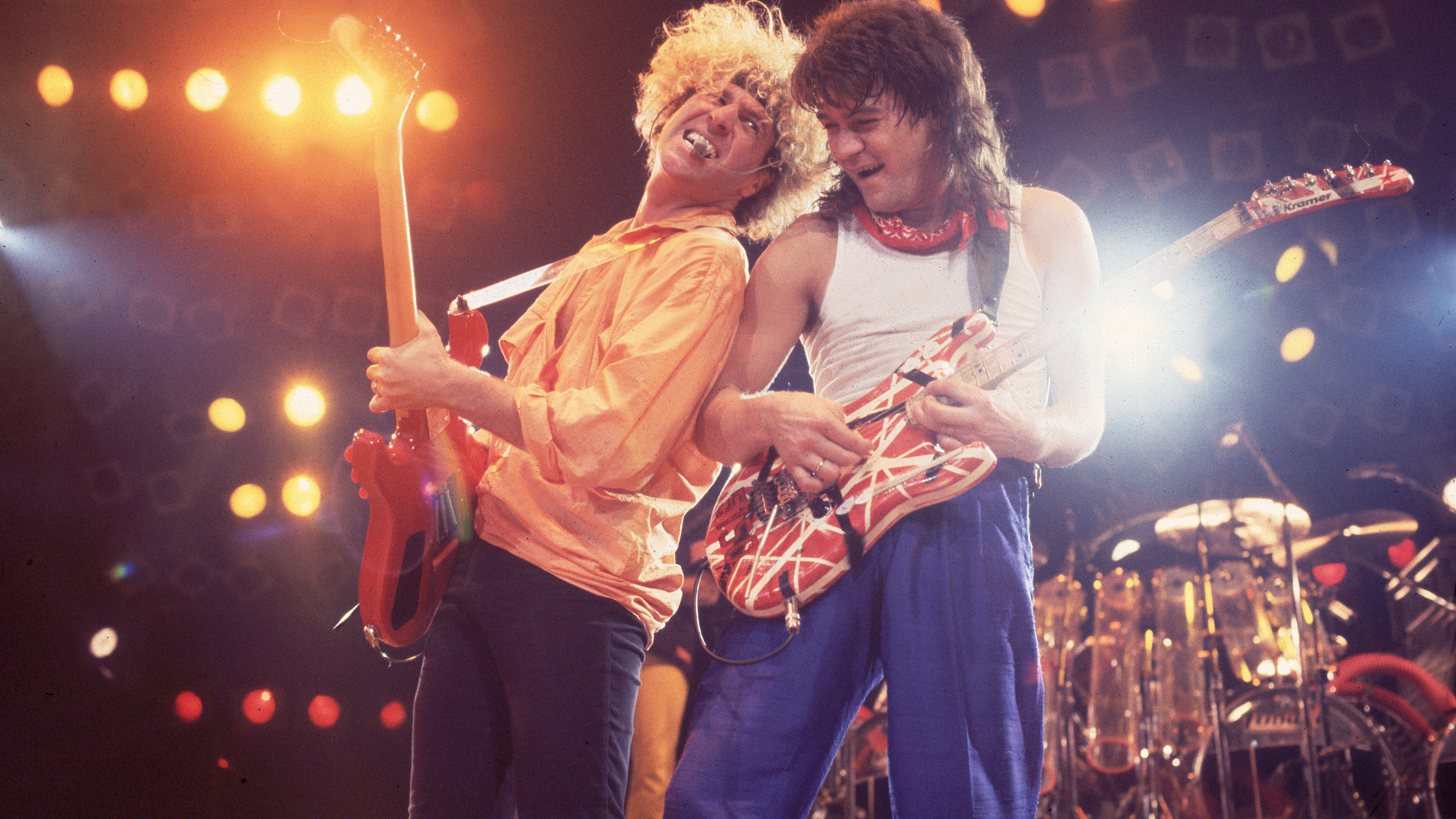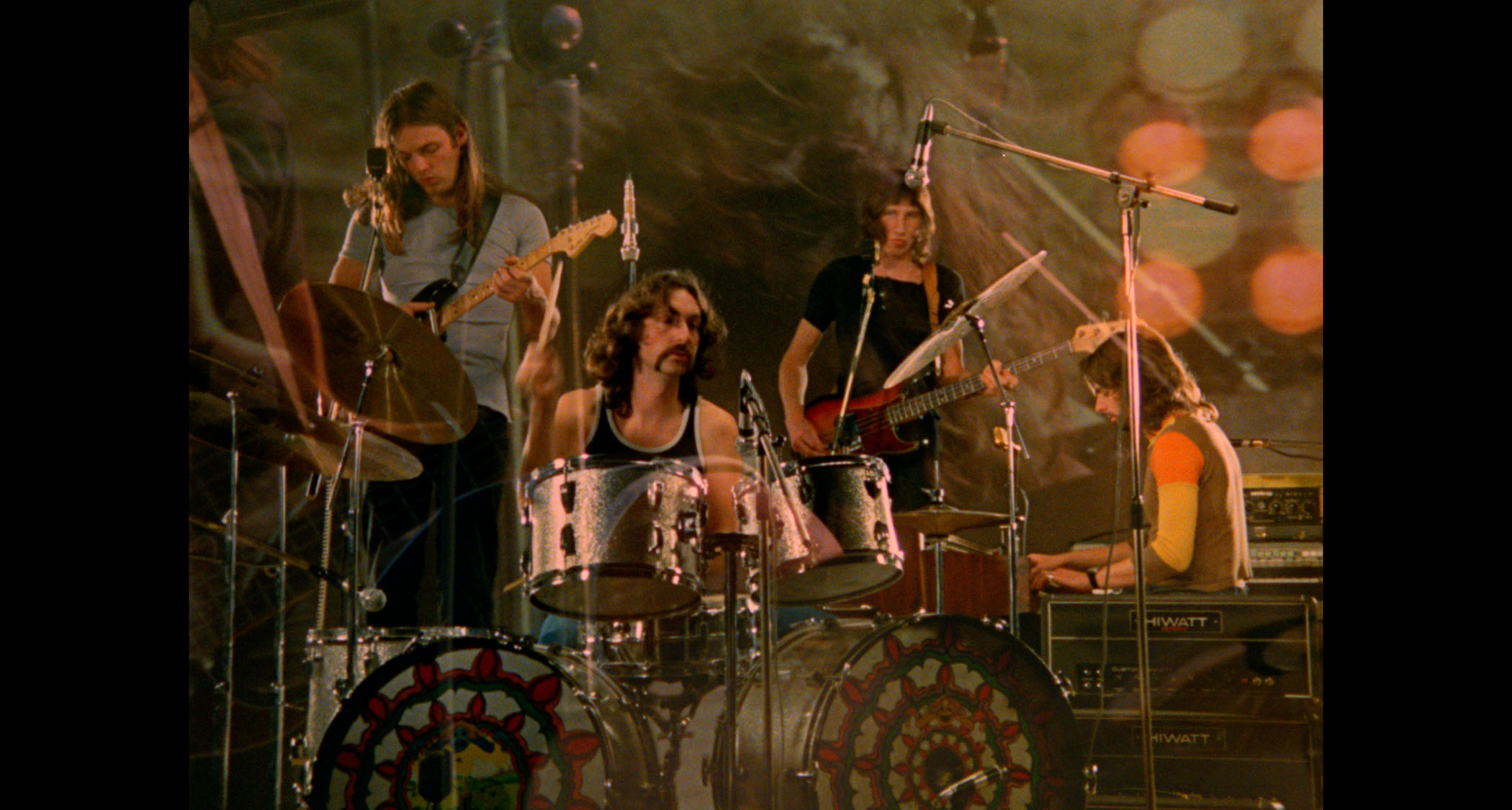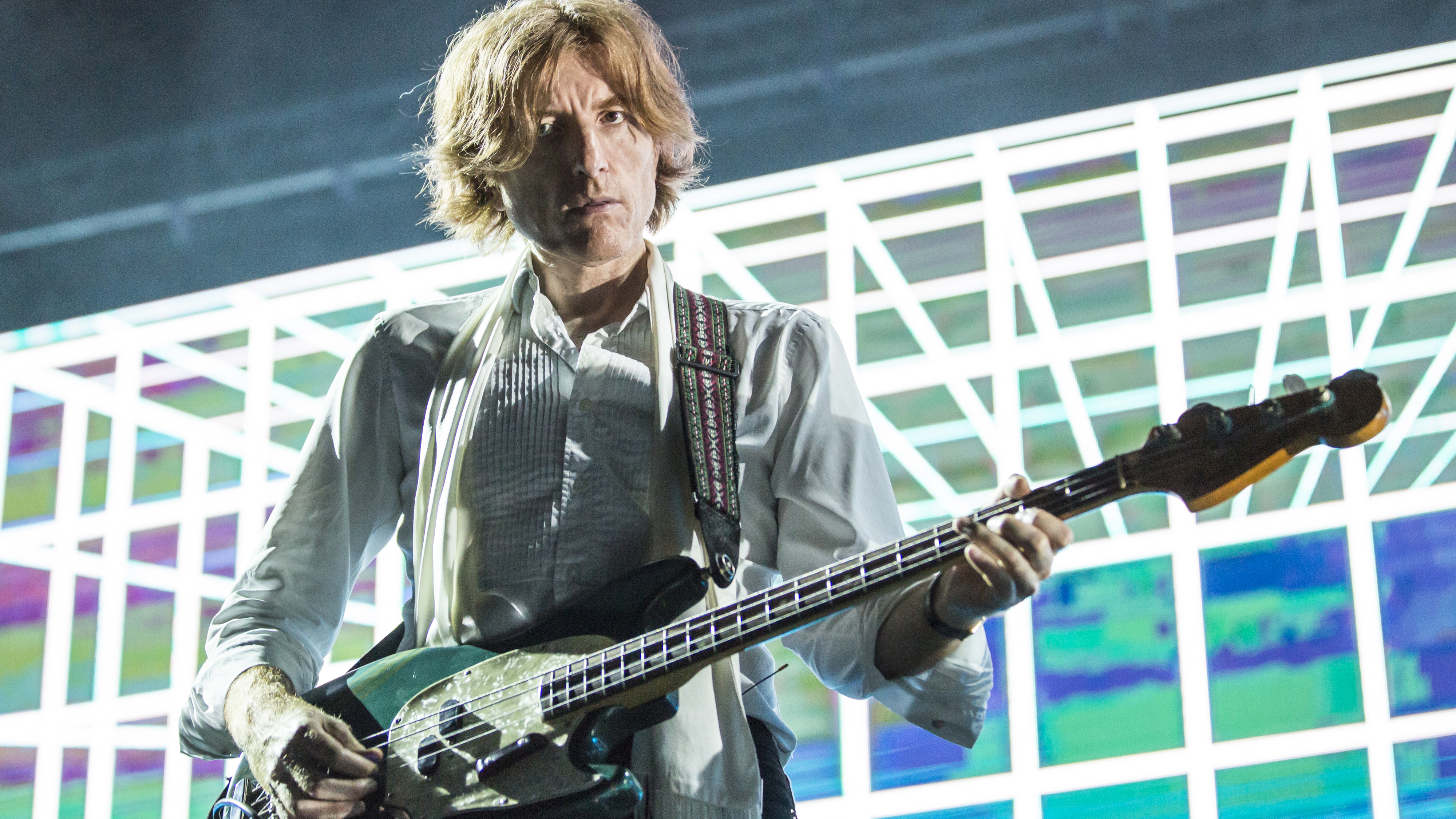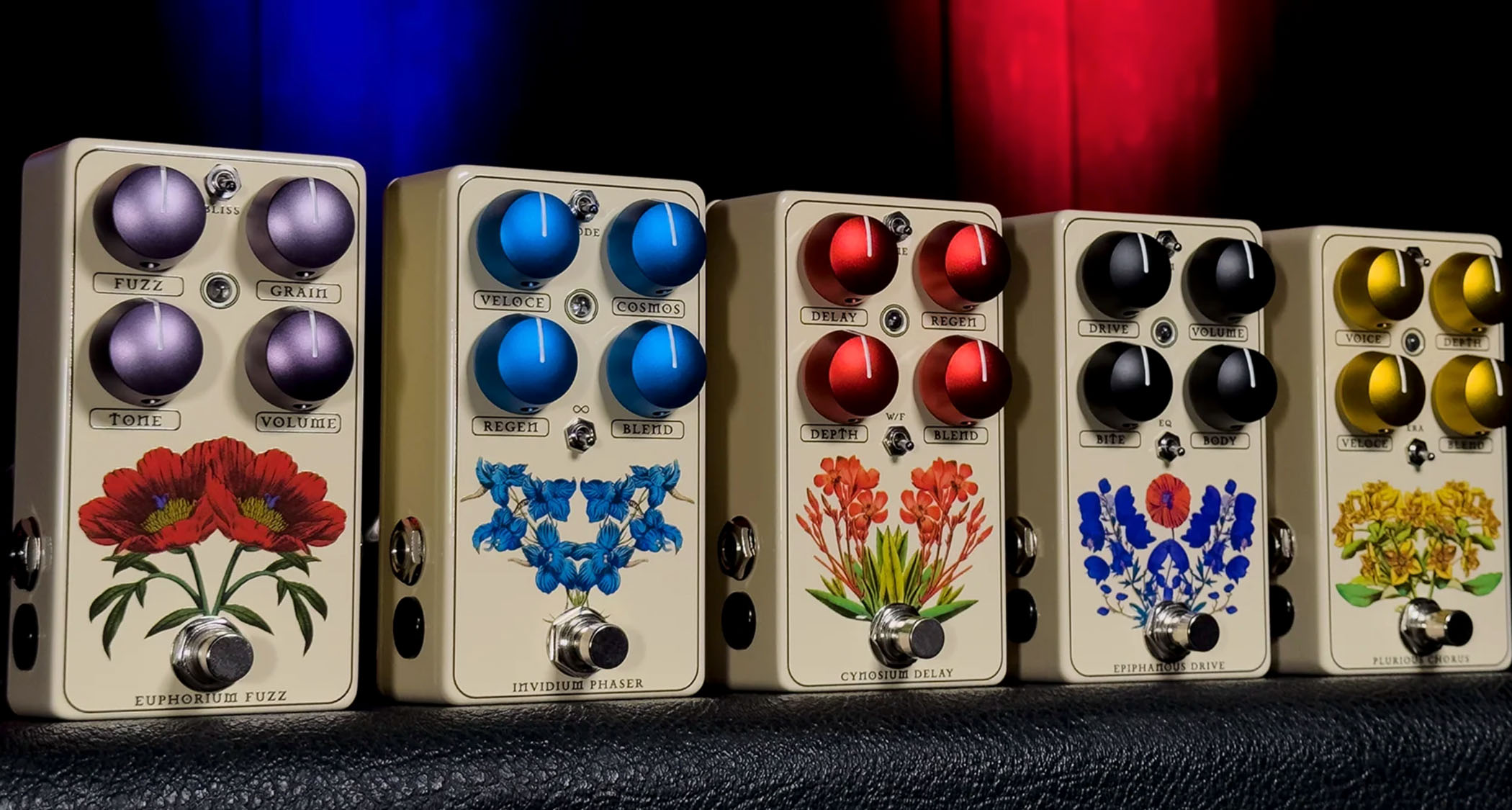"I’m happy to lean into the more imperfect parts of myself than ever before... to stick with an original demo vocal take, to not overthink what something could be and let it be what it was": Rosie Lowe on finding alt-R&B magic on new album, Lover, Other
“I knew I didn’t want to create the album in four walls of a soundproofed studio; I didn’t find the idea of that inspiring.
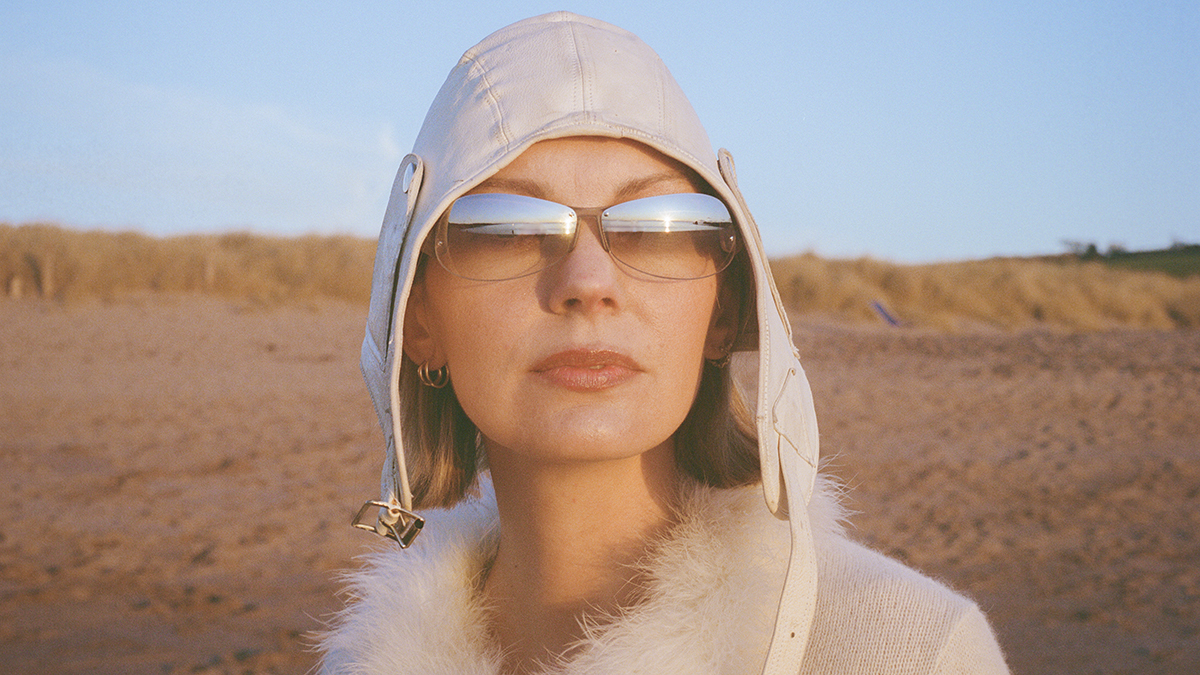
Anyone who thinks that electronic music lacks soul could do worse than listen to a Rosie Lowe record. Steeped in vintage vibes yet also informed by her love of choral music and creative sampling, her albums sit in a genre that’s hard to classify.
Her latest, Lover, Other, is arguably her most ambitious yet, blending lush vocals with (at times) heavy beatmaking and a wide sonic palette to create a sensuous sonic stew.
Fittingly, given that it was recorded in multiple locations, it's an album that never gets too comfortable or stays in one place for too long.
We caught up with Lowe to talk gear, production and her refusal to stay in one musical place.
We read that this album was produced on the road using a portable studio setup. Can you tell us what that comprised and how this influenced the sound of the record?
“Yeah, I travelled around a lot with this album; I chose a few studio items and created a studio-in-a-suitcase where I could take a setup with me wherever I went and have the option to respond to my surroundings.
“My mini setup consisted of a UA Apollo Twin, a MIDI keyboard, a Marantz tape machine and a Reslo microphone, which I recorded lots of the vocals on. An SP-303 which I used for processing and sampling - the 303 compressor got used a lot! - and an SP-2400 which was integral in getting me away from the computer, creating musical ideas to write to and sampling records as I went.
Get the MusicRadar Newsletter
Want all the hottest music and gear news, reviews, deals, features and more, direct to your inbox? Sign up here.
“Also, a Zoom mic [handheld recorder] which I took with me everywhere, recording my surroundings, upright pianos, samples and myself singing in different locations.
“Those were the items I took everywhere with me. When I would visit my collaborators we’d also use their gear; a Juno, JX-3P, SH-101 and an MPC3000 were also integral across the album.”
We hear echoes of Prince and D’Angelo in particular on this album. Were these conscious influences and where else did you take inspiration from during the writing and production process?
“I adore both Prince and D’Angelo so that’s lovely to hear, although they weren’t conscious influences on the record. I don’t tend to write music with an idea of what it is I want to create and it usually comes from responding to however I’m feeling, a conversation I’ve had, a musical idea I’ve created and responded to.
“I knew I didn’t want to create the album in four walls of a soundproofed studio; I didn’t find the idea of that inspiring. I wanted to be able to travel and move and respond to my surroundings if I felt the creative urge to.
“I find being in different places, different temperatures, around different language, food and music brings so much inspiration so it felt like the perfect way to be writing a pool of music to pick from.
“This process was integral in the sound of the album. Each place I was in would change what I wanted to make that day, as well as it allowing me to work with new collaborators along the way.”
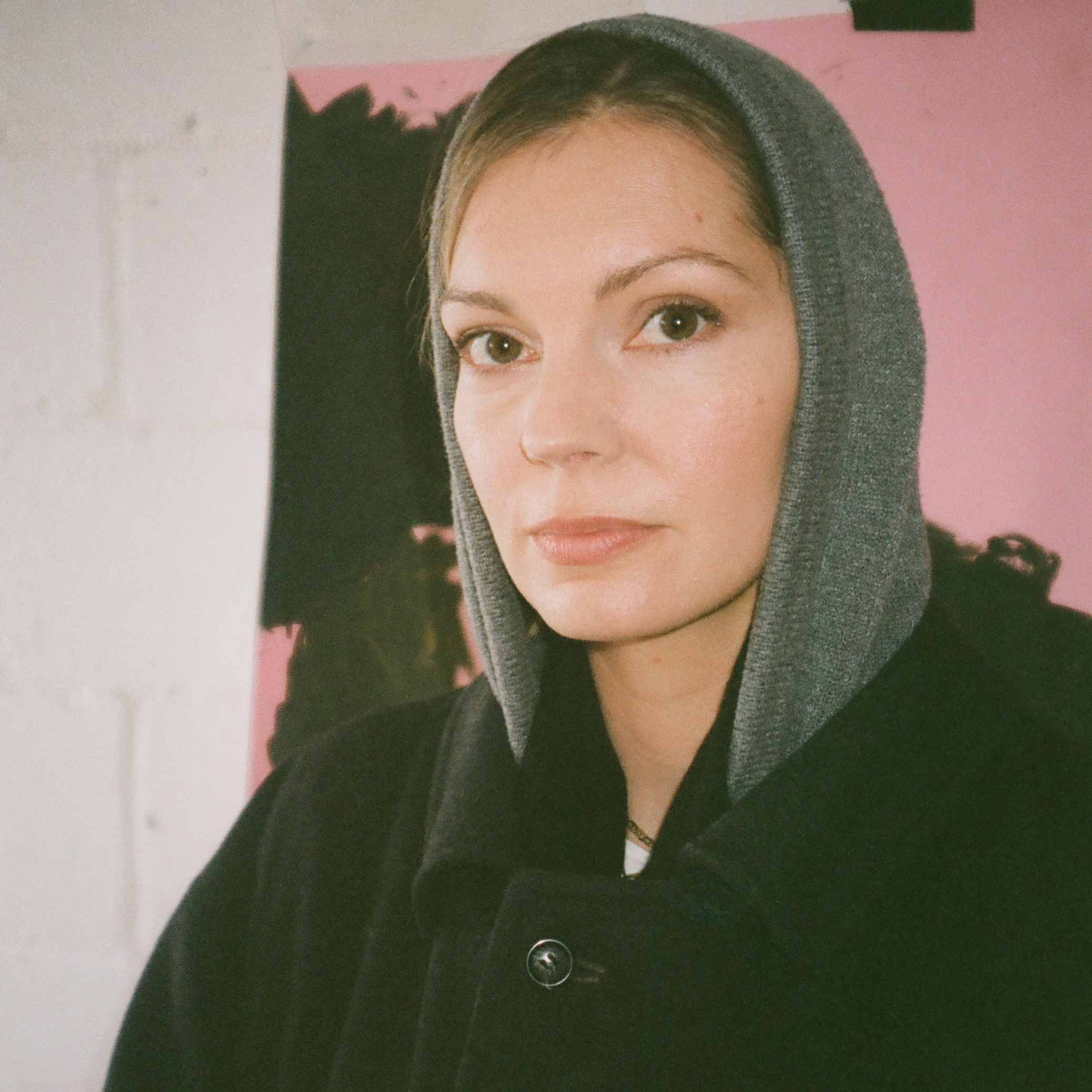
It sounds like you’ve explored a wider range of genres and production styles on this album than ever before. What do you attribute this to?
“I wanted the album to be a collage of different elements and processes of music I love to make. I didn’t want the album to sound like one thing. I love choral music, sample culture, live music and the more produced elements of electronic music. I wanted to weave all these things together in one body of work.
“I think I’m more self-accepting than I’ve ever been before; I’m happy to explore and lean into the more imperfect parts of myself than ever before and I think, stylistically, that was reflected in a lot of the production choices and choosing to leave things more open and undone at the seams; to leave doors open when I was recording, to stick with an original demo vocal take, to not overthink what something could be and let it be what it was.
“I take life less seriously these days and I hope the music reflects that, too. It’s also hugely down to the collaborators I chose to work with on this album. I wrote a lot of the music in Spain with Uma Bunnag and Luke Bower, and co-produced a lot of it with Harvey Grant and D’Monk. All of these collaborators were integral to the end sound and bringing their own unique flavour to the table.”
We also read that Gratitudes came together in just 15 minutes on an MPC. Was this typical for this album, or did some tracks have a much more difficult or drawn-out birth?
“With every project I’ve done, I always find some songs come super quickly and others take more time and effort to be birthed. There Goes The Light, In The Morning, Walk In The Park and Out Of You were some of the other quickest songs. Bezerk was written quickly and I loved the song, but I couldn’t get it to sit quite right so there ended up being loads of versions of it that didn’t feel right and I nearly gave up on it. Myself and D’Monk finally found the space for it to sit and I’m so glad we pushed on as I have a soft spot for that song.
“Something was written quickly, too, but the arrangement took quite a while to finesse. I don’t believe the easier the process necessarily means a better song, though. I think some songs just need more time to finesse and find the pocket.”
How much sound design and sampling was involved in producing the album? We read that you spent time going outside with a handheld recorder to capture sounds.
“Quite a lot of the album is layered with recordings made on my Zoom mic [handheld recorder]. I took the Zoom with me everywhere I went and recorded my surroundings, conversations over lunch, me singing in different places, everything and anything, which I then layered in.
“A big part of my setup was using samplers, so as well as sampling existing music, I would also re-sample myself, my surroundings or an iPhone recording to create ideas.”
Your vocals and harmonies are a standout feature of the album. At what part of the writing/recording process did these tend to start taking shape? Did you always have melodies in mind, or were you creating beats and writing over them?
“Some of the songs came about from an existing drum break (In My Head) or a beat that D’Monk sent (Something) that I'd then write and riff over, but layering harmonies and vocals is a big part of my process and so many of the songs began that way, too. I love old Disney soundtracks and the way the vocals and strings communicate with each other and really wanted to bring that feeling into the album.
“My wonderful collaborator Harvey Grant wrote all of the string arrangements on this album. I’d respond to his string arrangements with vocal arrangements and he’d then respond to those, and so on. It became a call and response in the process. I loved working with Harvey in this way.”
Do you have plans to tour this record and, if so, what kind of band/setup are you planning? We know that there’s a gig at the ICA coming up - are there any plans beyond that?
“I’m having so much fun re-imagining this music live, so hoping we’ll get to tour it. The setup is a trio; myself and the album co-producers, Harvey Grant & D’monk. There’s a lot of beautiful gear on stage, and my two favourite musicians, so I’m really excited.”
Rosie Lowe's Lover, Other is available now. She plays her sold-out show at London's ICA on 26 September.



I’m the Deputy Editor of MusicRadar, having worked on the site since its launch in 2007. I previously spent eight years working on our sister magazine, Computer Music. I’ve been playing the piano, gigging in bands and failing to finish tracks at home for more than 30 years, 24 of which I’ve also spent writing about music and the ever-changing technology used to make it.
"I said, ‘What’s that?!’ He looked at me strange and said, ‘We’re line checking. We’ll be gone in five minutes’. I said, ‘You won’t - meet me in that room in 10 minutes’": How a happy synth accident inspired a US number 1 single for Terence Trent D’Arby
“This was 100% a communication from the beyond": Listen to the song that Sammy Hagar claims to have written with Eddie Van Halen in a dream


